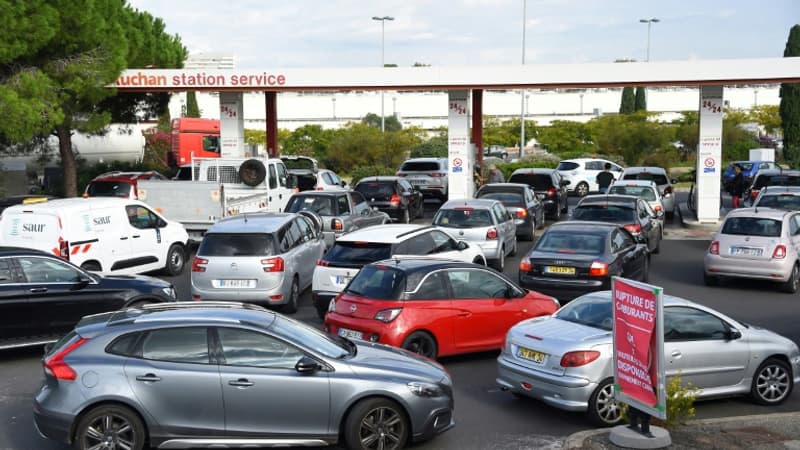Endless queues and empty service stations, the strike at the refineries tests the nerves of motorists. Worse still, in some cases, employees find it impossible to get to work due to the lack of gasoline and public transportation nearby.
Can this general lack of fuel justify an absence from work? According to the Labor Code, the worker who cannot go to work must be able to justify a case of force majeure (apart, of course, from a health problem).
And for the law, a case of force majeure is constituted when it is “external to the worker, unpredictable and irresistible”. However, if the fuel shortage is indeed “external to the employee”, it is not “irresistible” and less “unpredictable” since it is announced every day. Therefore, the employee has the possibility to make arrangements to adapt his commute from home to work.
In fact, there are alternative transport solutions such as shared cars, bicycles…
It is not a case of force majeure
And if none of these ways is usable, the employee immobilized at home will have to offer to telecommute and if this is not possible, request a day of RTT, paid leave or recovery or even unpaid leave.
“It is up to the worker to notify his employer without delay of his absence. It will be in excused absence because it is an absence beyond the control of the worker. But the employer is not required to pay for the day not worked. an agreement between the employee and the employer, this can be covered with a day of paid leave or RTT”, summarizes for BFM Business, Marion Kahn-Guerra, a lawyer specializing in labor law.
Especially since the home-work trip is the employee’s choice, his responsibility, and not that of the employer.
Not going to your place of work without offering this type of solution theoretically allows your employer to withdraw as many days of salary as days of absence. But you will not be able to impose a sanction on the employee since there is no fault.
Dialogue between the employee and his management remains the best way to avoid problems and implement appropriate solutions. Elements proving your inability to move (photos of dry seasons, proof that there is no public transport) are always welcome to demonstrate your good faith.
Source: BFM TV


